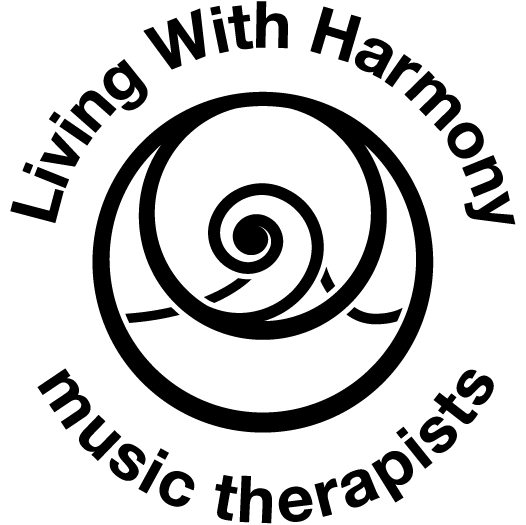Music Therapy in Schools
The Latin root of the word education is educt, to draw out. Music therapy can draw out potential in children. Emotional growth is the key to learning and music is the language of the emotions. Consequently, music therapy can be understood as an educator of the emotions. For children with special educational needs or disabilities, music and music therapy can play a vital role in the child's learning and development.
Group Music Therapy in Schools can be class-based and involve the teachers and LSAs as well as the pupils and therapists. This is an effective way of working because relationships strengthened in the music therapy setting can generalise into the rest of the school day and week. Skills developed in the group can continue to be worked on and the music taken from the group into the school.
The aims of group music therapy in schools include:
- Developing communication
- Improving co-ordination/motor control
- Increasing concentration
- Promoting peer awareness
Evaluation Before & after Music therapy
This short questionnaire is designed to monitor any changes which you feel have occurred since the pupil named below started group music therapy. To obtain a sense of progress over time we will ask you to complete this form at the beginning of the therapy programme and at the end of his/her time in group music therapy.
Pupil’s Name:
School:
Questionnaire completed by: Role (parent/teacher/therapist/other):
Date form completed:
Therapy start date:
Please consider each statement in turn and select which statement you think best describes the pupil. If the item is not relevant to the child, please select N/A (not applicable).
- Never
- Rarely
- Sometimes
- Often
- Usually
- Always
- N/A
- Interacts with others
- Initiates interaction
- Uses appropriate eye contact
- Shows passive behaviour
- Uses vocal sounds to communicate (non/pre-verbal children)
- Uses words to communicate
- Shows withdrawn behaviour
- Appears unhappy or depressed
- Shows aggression to others
- Has low self confidence
- Shows anxious behaviour
- Has difficulties concentrating
- Appears cross or frustrated
- Shows manipulative or controlling behaviour
- Expresses feelings appropriately
- Can reflect on own behaviour
- Is able to make friends
Before Therapy:
How do you hope music therapy will help?
During/After Therapy:
What changes have you observed in since beginning therapy?
In what ways do you think group music therapy has helped this pupil?

